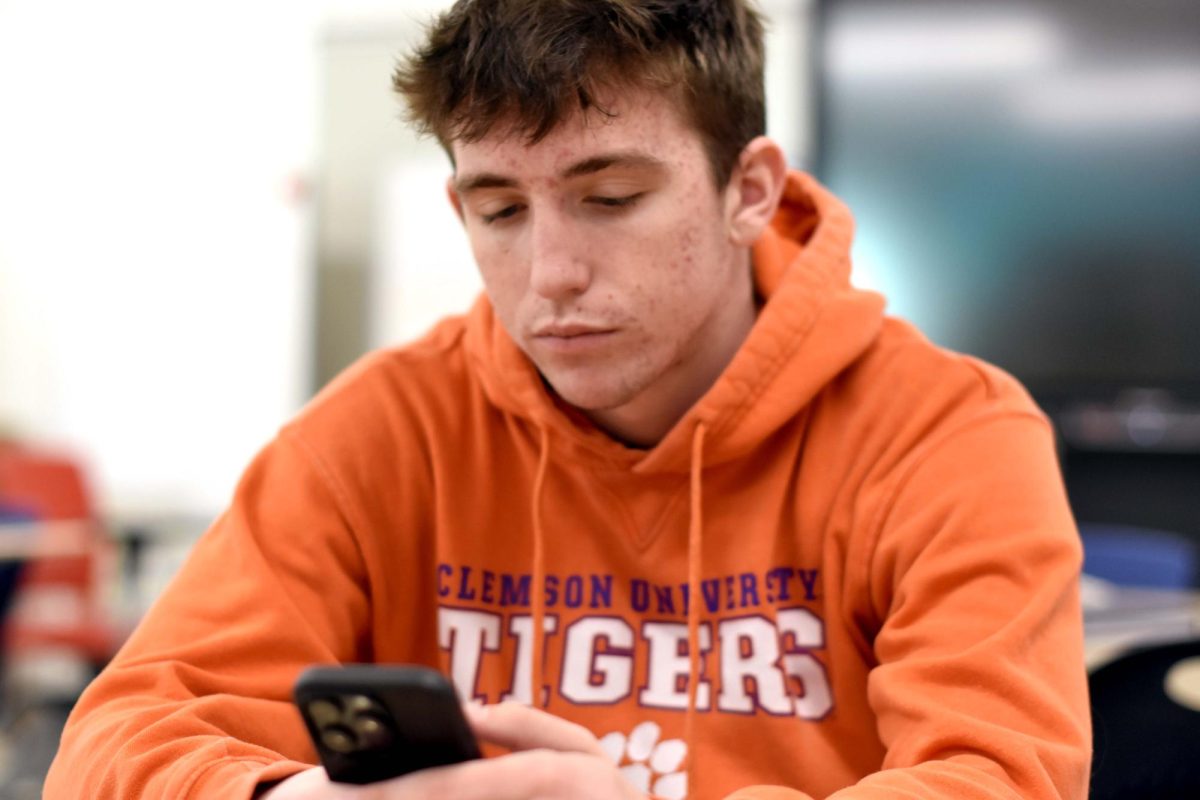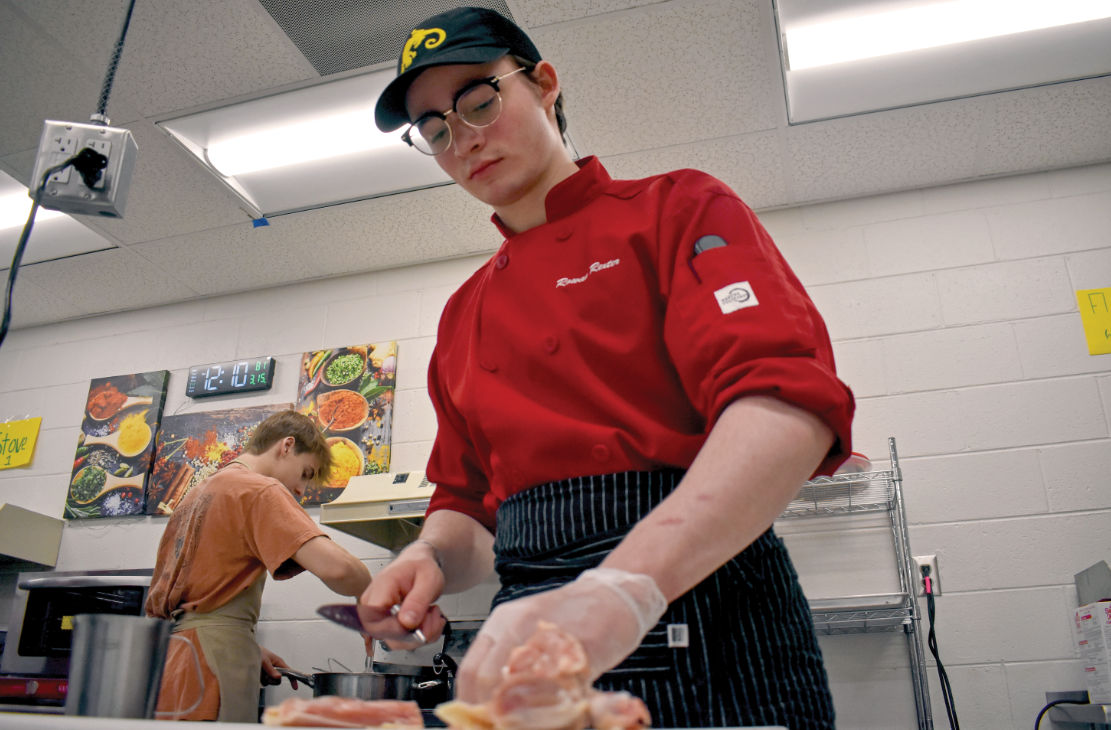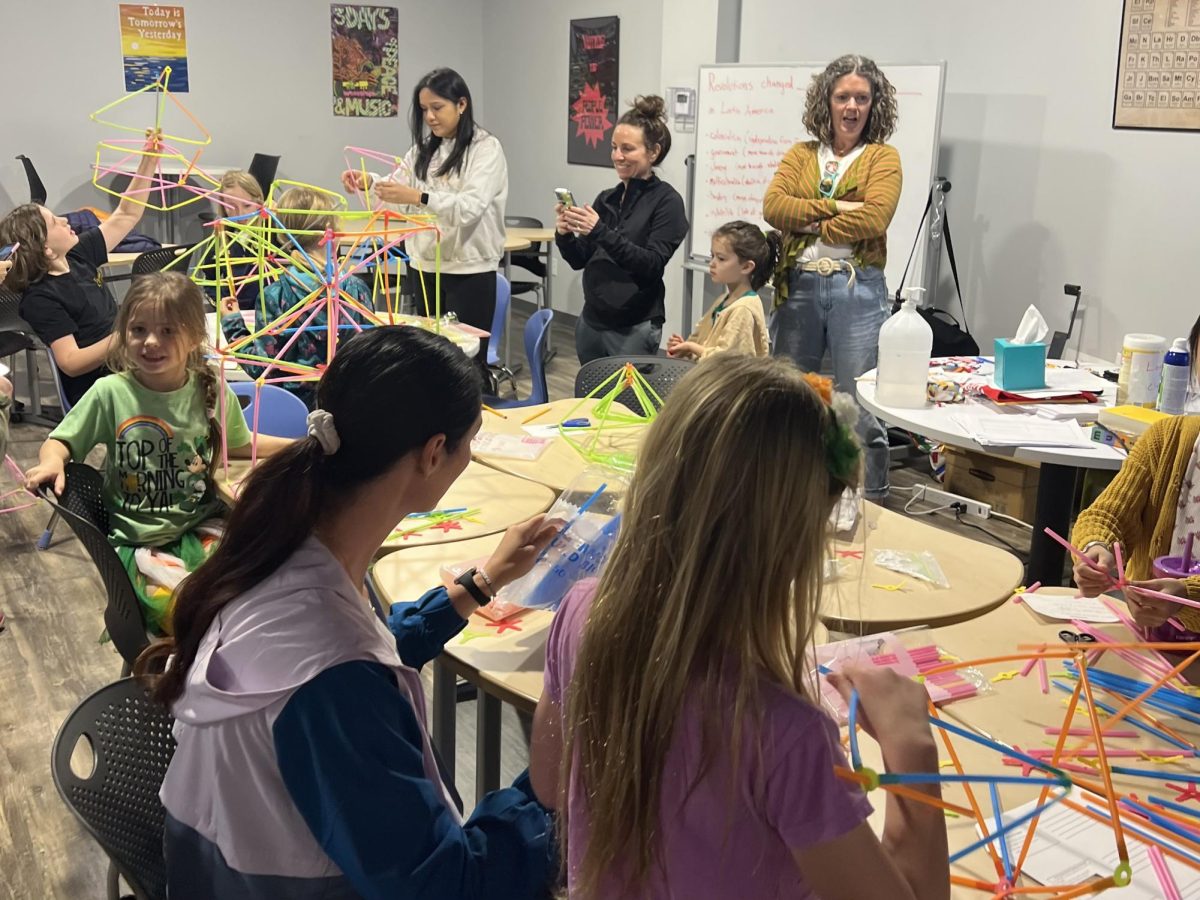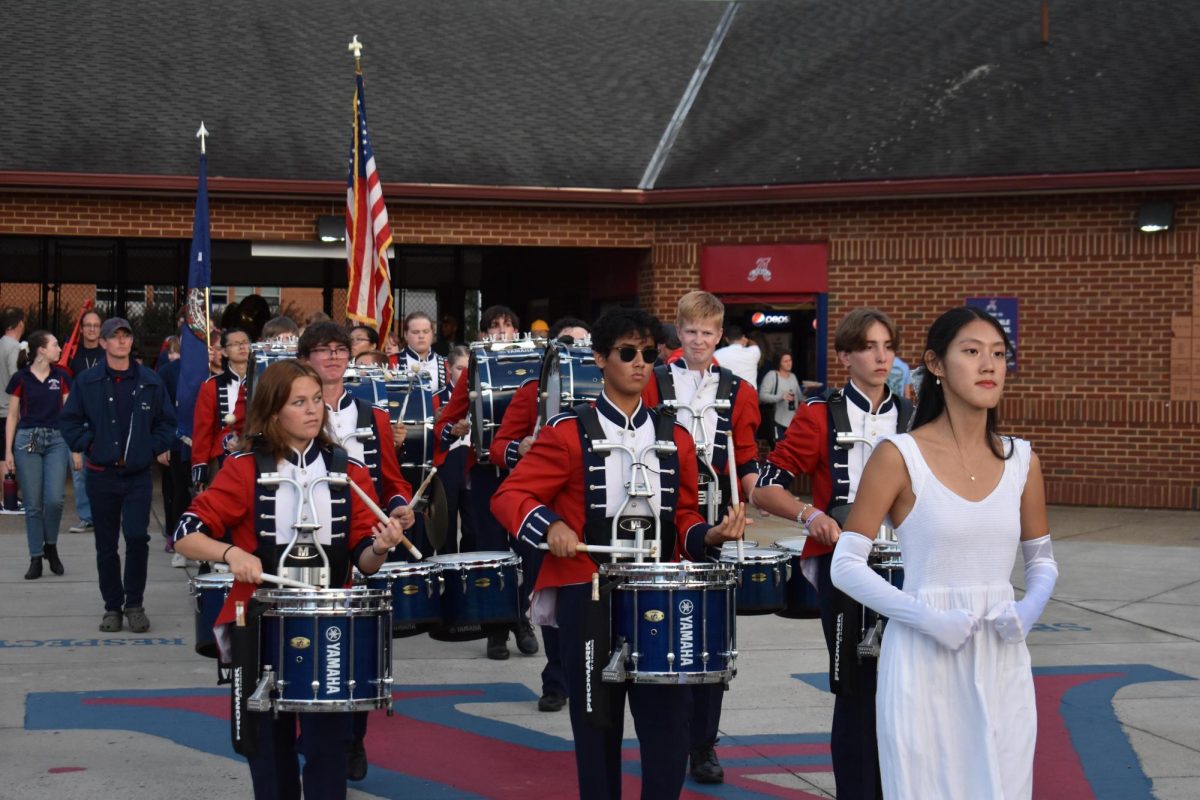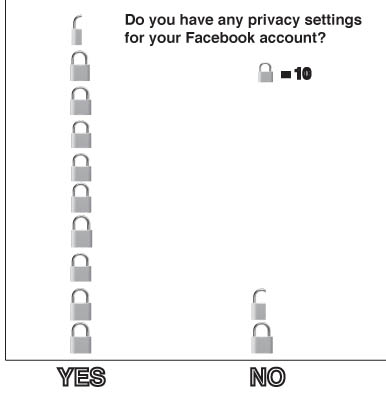
Thinking about posting those pictures from last Saturday’s party? Think again.
“During my sophomore year I got a weekly job babysitting for a family,” Senior Kaitlyn Miller said. “I found out that the babysitter before me was fired because the parents googled her, and found her Facebook with a bunch of pictures of her partying.”
Many assume their information is protected on the internet. Laws concerning internet privacy are either underdeveloped or are in the process of developing. This means that students must be proactive in protecting their information and be careful of what they post.
Every year at the leadership retreat history teacher Rich Lindsay gives students a talk about internet safety.
“I think that with social media, there’s no generation before this to set an example,” Lindsay said.
Some tips Lindsay gives: “Don’t be an idiot. If you would not show your parents or say it in class, don’t post it. The first thing you do when you hear about someone is look them up on Facebook and the only thing you know about them is their picture.”
This means that students should be careful about the impression they may make on strangers. Lindsay would say the most important thing students should know about the internet is, “Essentially you are handing you information to someone else. You have to be careful and watchful [of what you put on the internet]. Young students don’t think about that first, but for an adult that’s the first thing we think.”
Another example of information being handed out is instant messaging. Some instant messaging services can automatically save what is being sent without the user’s consent. The receiver of the message can save the chat without them even knowing. Students should be aware of their privacy settings and taking advantage of them. Students should also be aware of whom they talk to and of what they say.
Some students take advantage of the instant messaging on Facebook to contact teachers after hours. Many teachers choose to be friends with their students on Facebook.
However Lindsay chooses not to be friends with students. “As a teacher one thing we face is should we be friends with a student [on Facebook], personally I’m not,” Lindsay said. “When kids post about a party, now you are made aware of it. You hear a lot of ‘I heard on Facebook’ which is called the rumor mill.”
When on Facebook many people choose to leave their posts unprotected. Students may think that only their family or friends care about what they put on the internet, but when left open, anyone who clicks their page can see their personal posts.
According to PrivacyRightsClearingHouse.org, the idea that “delete does not mean delete” is something people of all ages should keep in mind when online. Once something is up on the internet, it is up for good. When someone deletes a post on Facebook, it may be hidden from where people can see it, but that doesn’t mean other people haven’t already seen the post and told their friends, and almost everything on the internet can be archived or saved.
However, not all problems on the internet are caused by posting before thinking. Recently sophomore Elizabeth Vaughn was hacked on her Facebook account. The site made posts for her on other people’s pages without her knowing.
“I actually don’t know how I got hacked. I’m guessing it was from an app or something like that,” Vaughn said.
She went around to all the pages the hackers had posted on and deleted the post. Facebook notified her that she had been hacked and suggested she change her password, which she did.
To prevent further hackings, Vaughn would suggest to students to “Avoid the apps and pages that require your permission to connect to. You may not be able to tell which ones have the capability to hack your account, but you should be careful.”
In order for students to protect themselves, they need to know what privacy settings are. On Facebook students have the option of leaving all their posts completely unprotected, allowing the friends of friends to see what someone posts, allowing only accepted friends to see posts, or students even have the option of customizing who sees posts.
Students should always read what the app is able to do before they allow it access to their information. If the app says that it should be allowed access to their friends list and allowed to make posts for them, then don’t authorize it.
Students should be aware of their privacy setting, what they post and who is seeing thier posts. By doing this they can protect their privacy and through that, themselves.


